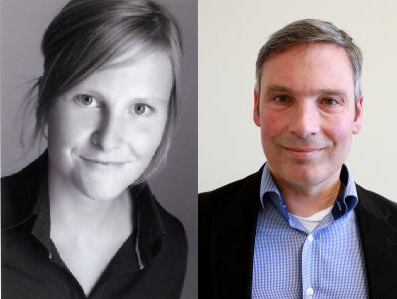From offsetting to a publication based business model: The (potential) comeback of selection, individual prices and competition
DOI:
https://doi.org/10.7557/5.3943Abstract
Watch the VIDEO of the presentation.
In March 2016, the ESAC initiative brought together offsetting users from all over Europe to discuss principles and mechanisms of a new business model, currently referred to as offsetting (http://esac-initiative.org/activities/offsetting-workshop-2016/). Participants agreed upon a “Joint Understanding of Offsetting”. The document most importantly includes the claim for agreements to lead to a “pay as you publish” model, meaning that institutions should be billed only for those articles published by their authors rather than making prepayments or pay lump sums, which still include reading or access fees.
Subsequently, offsetting users like the Max Planck Digital Library, JISC, the Austrian Science Fund (FWF) or the Netherlands started using the Open APC Initiative to aggregate data from offsetting big deals (http://treemaps.intact-project.org/apcdata/offsetting/). The collection already provides insights on the allocation of offsetting publications over a publisher's journal portfolio, which allows predictions not only on the popularity of journals among researchers in terms of preferred places for publications, but also for a “pay-as-you-publish-model”. Currently the publication data from the Springer offsetting pilot participants (“Springer Compact”) show a distribution of publications over not even the half of Springer’s journal fleet.
The conference contribution analyses the data together with bibliometric information and subscription based usage statistics in order to draw conclusions for a truly publication based open access business model in terms of re-implementing individual choices made by authors, price sensitivity, price setting, and market competition. It will be discussed, how offsetting contributes to the desired large-scale open access transformation, as outlined by the Open Access 2020 initiative (http://oa2020.org/).Metrics





